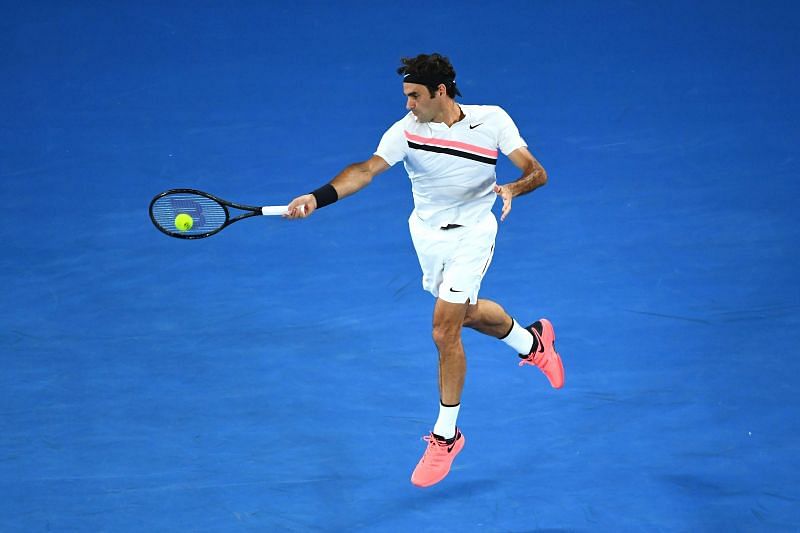
Is Roger Federer's Australian Open withdrawal the beginning of the end?
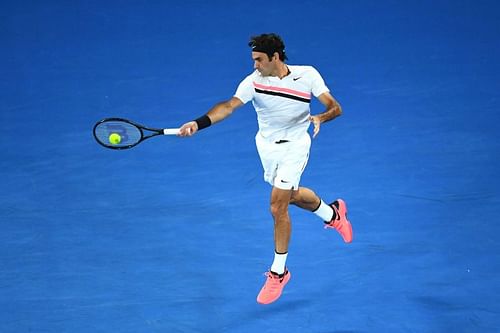
Both Roger Federer and his (millions of) fans had been hoping for him to make his long-awaited comeback at the upcoming Australian Open 2021. But after being forced to sit out for most of the 2020 season due to a knee injury, Federer's fitness is still not up to scratch - which means his return will have to wait a while longer.
In a statement to the Associated Press, the Swiss player's manager Tony Godsick confirmed his absence from the first Major of the year. Tournament director Craig Tiley also made a statement, claiming the Australian Open will be looking forward to Federer's participation in 2022.
But now that Roger Federer in his 40th year, you have to wonder how realistic Tiley's wish is. This is the first time since 1998 that Federer will be missing the 'Happy Slam', and it's hard to not look at that as a sign.
Roger Federer's injury couldn't have come at a worse time
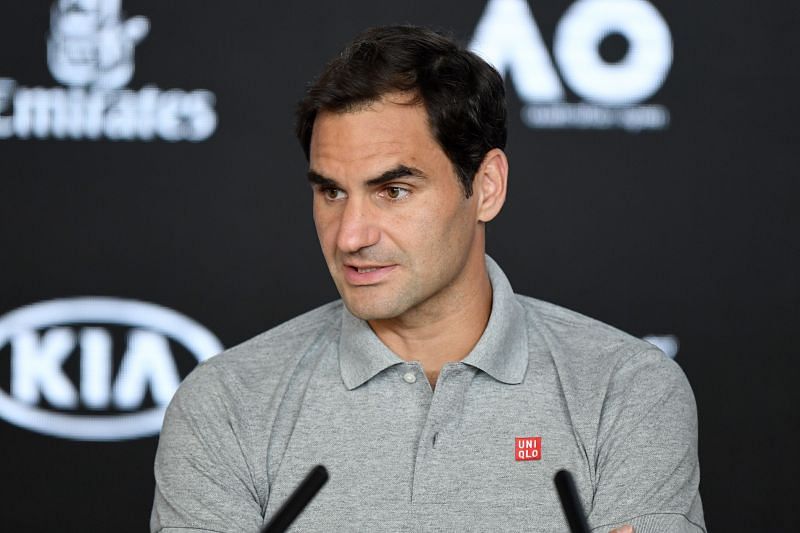
Prior to the injury that kept him out of most of the 2020 season, Roger Federer was in solid form. He ended 2019 as the third best player in the world, a season in which he won titles in Dubai, Miami, Halle and Basel while also finishing runner-up at Wimbledon and Indian Wells.
But Federer's fitness and endurance at the Grand Slams had been questionable even before the current knee predicament. The Swiss won just four Majors in the last decade, and had started suffering increasingly early defeats over the past few years.
The warning signs of Roger Federer's decline from the top of the men's game have been visible for a while. But in the past couple of years there have been physical worries too, which don't seem likely to ever go away.
Since the start of the 2018 season, Federer has had some kind of health issue at four out of the eight Slams he has played - Wimbledon 2018, US Open 2018, US Open 2019 and Australian Open 2020. At the remaining four Slams he has made at least the semis on three occasions (even reaching the final in one and winning another), but if you're a Federer fan you are unlikely to find those ratios too comforting.
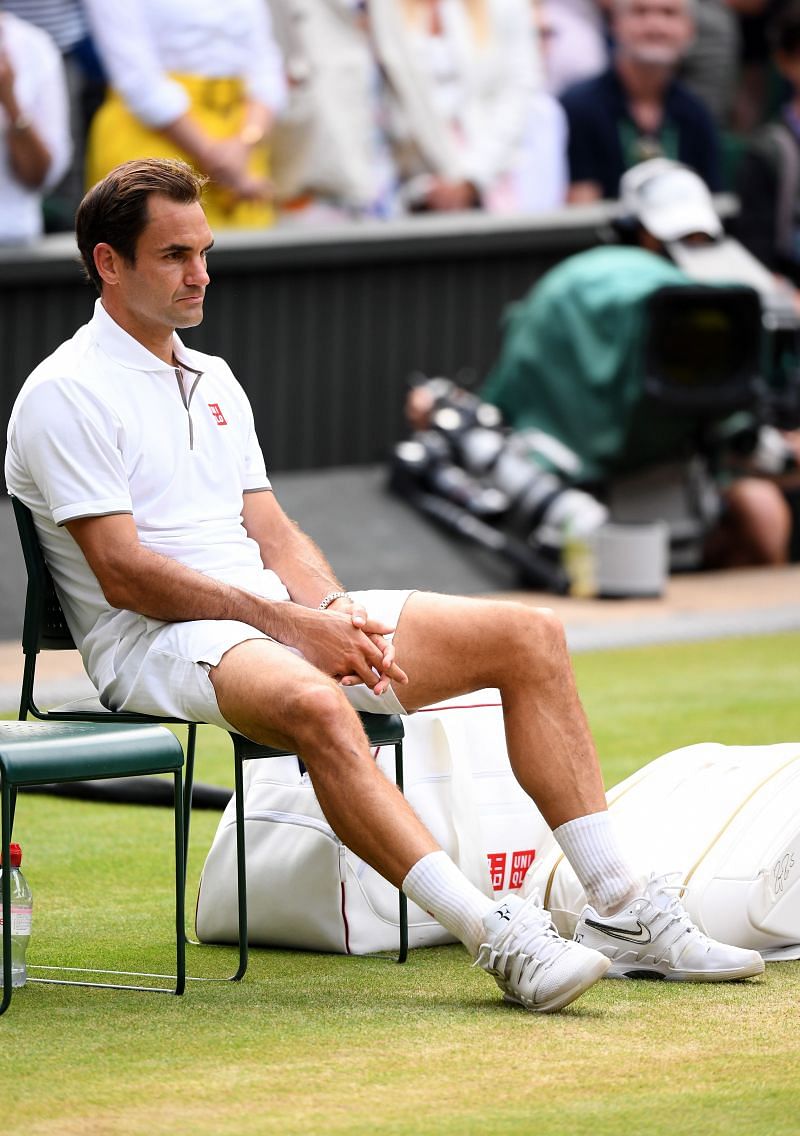
Moreover, when Roger Federer finally makes his comeback in 2021, the competition will be higher than ever. Both Rafael Nadal and Novak Djokovic are at the top of their game right now, and even the likes of Dominic Thiem and Daniil Medvedev are starting to stamp their authority amongst the top 10.
The 39-year-old will already be struggling to return to his best while coping with injury recovery, which is the best explanation for his reluctance to play a best-of-five-sets tournament as early as February. But returning full-time to the tour amid the pandemic will bring even more trouble.
Roger Federer will have to fit his rehabilitation and return into tight schedules, quarantine periods and contact-safe 'bubbles'. Perhaps most importantly, he will have to do it all without tennis crowds rabidly cheering him on - the status quo he has become accustomed to over the past few years.
From a realistic point of view bordering on the pessimistic, these complications seem to be spelling the beginning of the end for the Swiss maestro.
Can Roger Federer repeat his 2017 heroics?
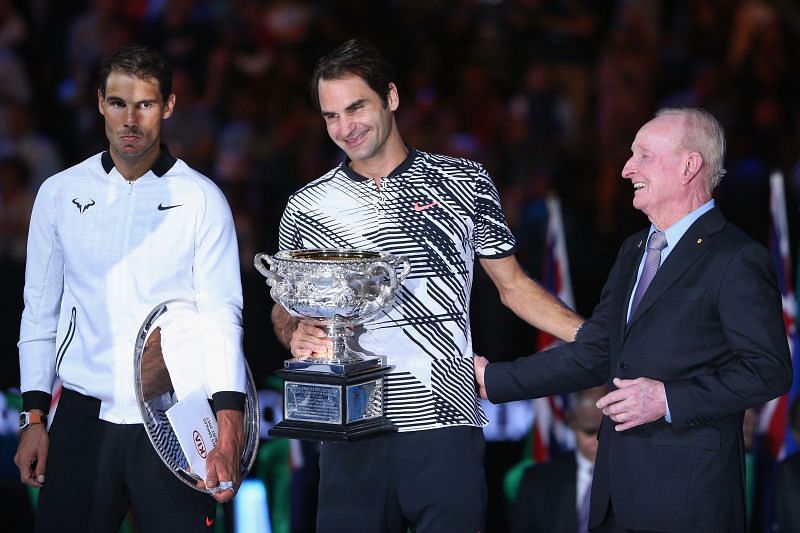
It would, of course, be foolish to completely write off Roger Federer's chances of charting a comeback next year. Back in 2017 the Swiss returned to the tour after an extended period of injury, only to produce one of the most dominant periods of his career.
The 20-time Grand Slam champion picked up five titles in six months, winning the Australian Open, the 'Sunshine Double' at Indian Wells and Miami, and the grasscourt titles at Halle and Wimbledon. He is four years older now than he was in 2017, but the history of sport is filled with the exploits of champions who defied both age and time.
Motivation will also be pretty high for Roger Federer next year, as he will be fighting for his place in the GOAT list. After spending more than a decade as the most successful player in men's tennis history, the 39-year-old's two greatest records - Slam titles and weeks at World No. 1 - are all but guaranteed to be eclipsed in 2021.
After Rafael Nadal equaled his record of 20 Major titles at the French Open this year, Novak Djokovic also seems well on course to usurp the Swiss maestro's record of 310 weeks spent as World No. 1. The Serb will likely achieve the feat by 8 March, barring some unreal heroics from Nadal in Australia.
Will Federer want to watch from the sidelines as his records are taken over one by one?
Roger Federer and the last push
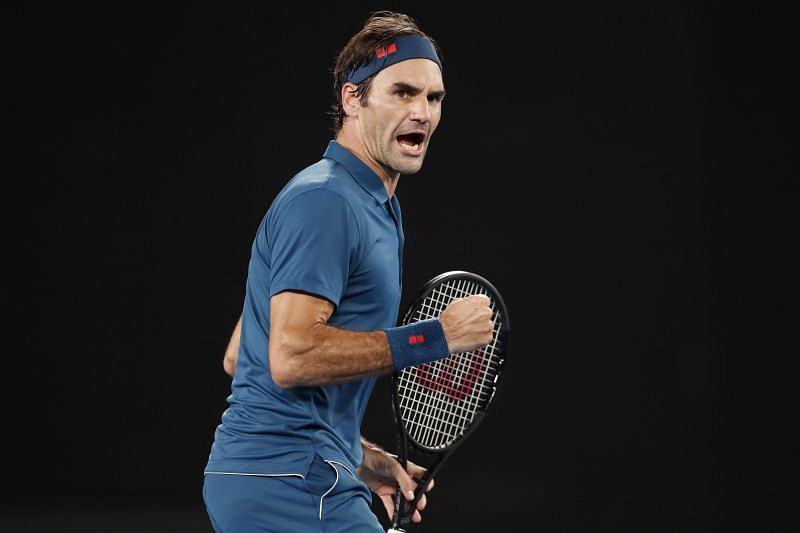
Roger Federer is unarguably one of the most popular and commercially viable athletes in the world. Such is the extent of his popularity that despite being missing in action for 11 months during 2020, he still emerged as the highest-earning athlete in the world, and as the ATP Fans' Favorite for the 18th consecutive time.
In the public consciousness, Roger Federer still seems to be at his peak. That might well spur him on to find another second wind, or a third wind, and finish his career on a high.
Following the Australian Open withdrawal, the fans would probably be waiting for Federer's return even more eagerly than before. The Swiss maestro seems to have earmarked Wimbledon and the Tokyo Olympics as his priorities, but he will likely make a comeback at a smaller event like Dubai or Miami.
No matter what his motivation or the fans' expectations may be though, mid-pandemic tennis after a year-long knee injury will be difficult for the 39-year-old. His body is giving up, his two greatest rivals are dominating the circuit, and the up-and-comers are making a name for themselves; returning in such circumstances might be too steep a mountain to climb, even for Roger Federer.
The Swiss may well have one last push left in him. But while that has the potential to be the greatest achievement of his illustrious career, it is looking increasingly unlikely as the days go by.